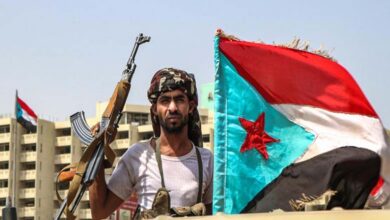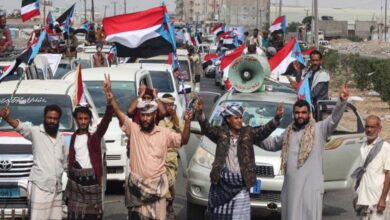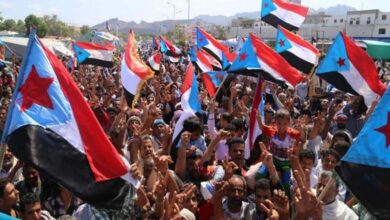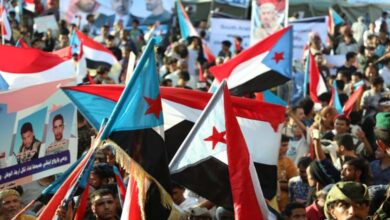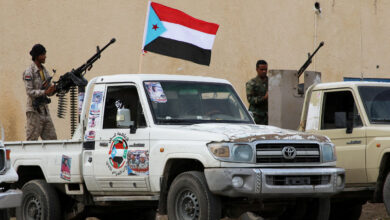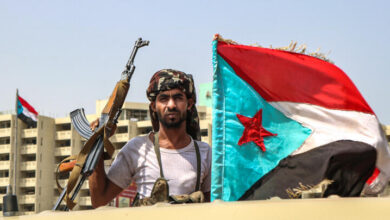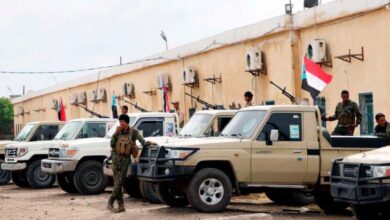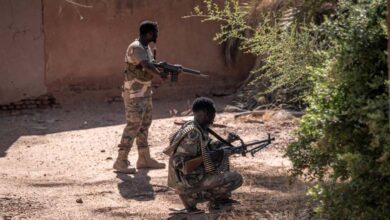Demands for the removal of Al-Burhan in the face of preferential treatment of wounded army personnel
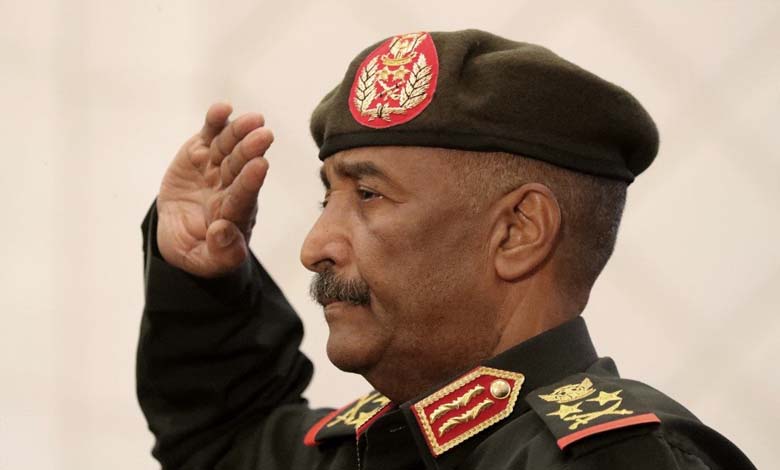
Recent events in Sudan have witnessed coordination between the Sudanese army and the Islamic movement to carry out evacuations for injured influential leaders and figures due to the ongoing clashes. In this context, it is noted that there is weakness in the army’s leadership during the battle, raising questions about its competence and ability to deal with growing challenges.
What makes matters more attention-grabbing is the noticeable disparity in the treatment of the wounded, with the Islamic movement playing a significant role in covering the costs of treating leaders and influential figures injured in these clashes. This reality raises doubts among the public about the government and the army’s ability to efficiently and effectively resolve the crisis, raising questions about the future of governance and stability in the country.
The leader of the Battalion of Al-Bara‘ ibn Malik, Musbah Abu Zeid Talha, and his comrades received exceptional care during their injuries, “the true extent of which is unknown,” which was not provided to any of the armed forces’ soldiers. Some consider the treatment of war wounded against the Rapid Support Forces to involve discrimination and differentiation between the Al-Bara’ bin Malik militia and the Sudanese armed forces.
Recent reports indicate a significant increase in discriminatory practices related to the treatment of wounded soldiers in Sudan, where medical care varies based on affiliations and ranks within the army.
Prominent examples include the treatment of Musbah Abu Zeid Talha, the leader of the Battalion of Al-Bara’ ibn Malik, and his associates, who receive preferential care during their undisclosed injuries. Reports suggest that the level of care provided to these figures was not uniformly available to other members of the Sudanese armed forces, causing frustration and astonishment among both military personnel and civilians alike.
Discussions have become particularly clear when considering wounded soldiers in conflicts against the Rapid Support Forces. Allegations of preferential treatment and discrimination between the Al-Bara’ bin Malik militia and regular soldiers within the Sudanese armed forces have become a major source of tension and dispute.
Intensifying calls for accountability
The varying treatment of wounded military personnel appears to have raised broader concerns about the leadership and administrative capabilities of senior leaders in the army. There is a particular focus on managing ongoing conflicts and treating service members in its aftermath. The widespread discriminatory treatment in comparison to coordinated efforts to evacuate and treat influential figures and leaders outside of Sudan, especially in cooperation with external entities like the Islamic movement, has added fuel to the fire.
In light of this, demands for accountability and change within the army leadership are growing. Some military leaders have called for the removal of “Al-Burhan,” pointing to these instances of preferential treatment as an indicator of a larger issue concerning leadership and management ethics.



